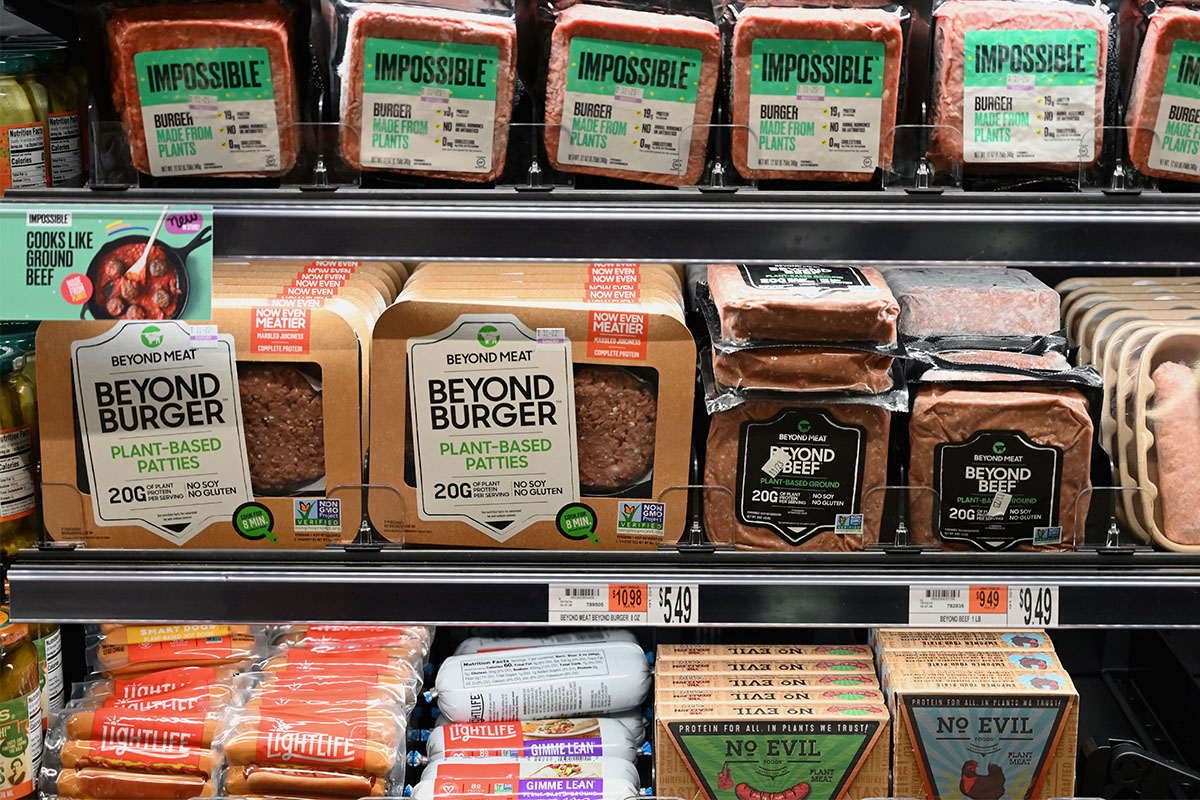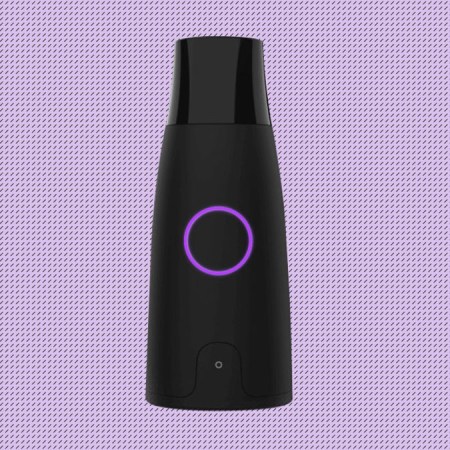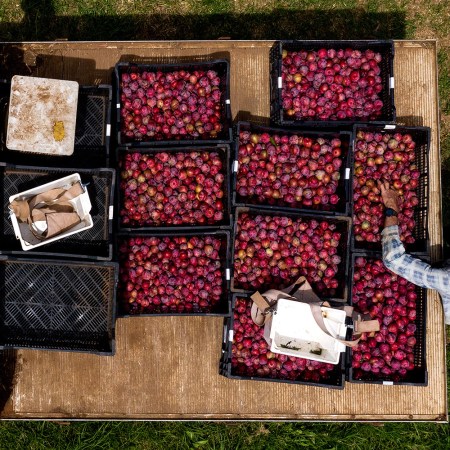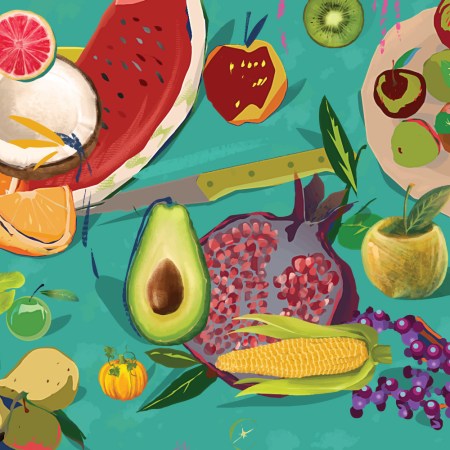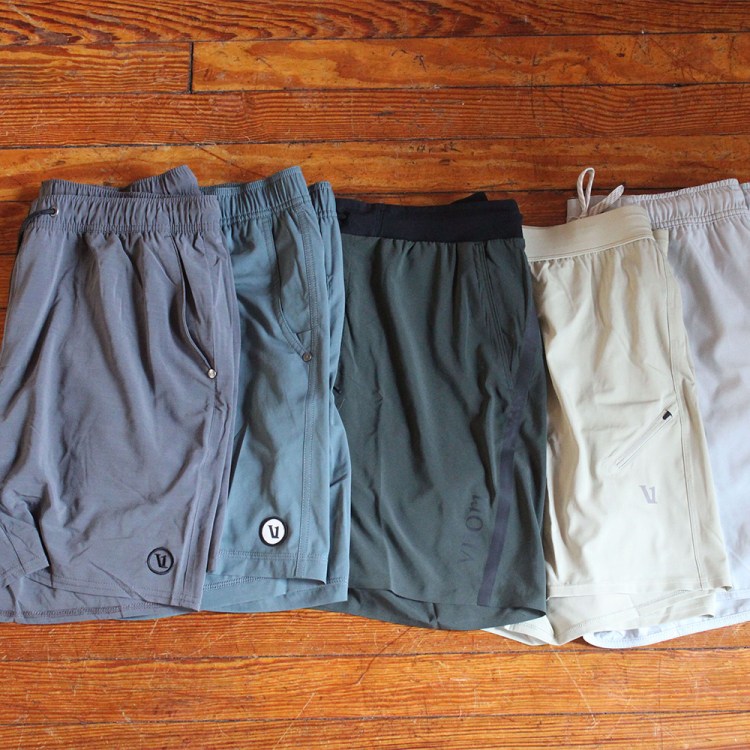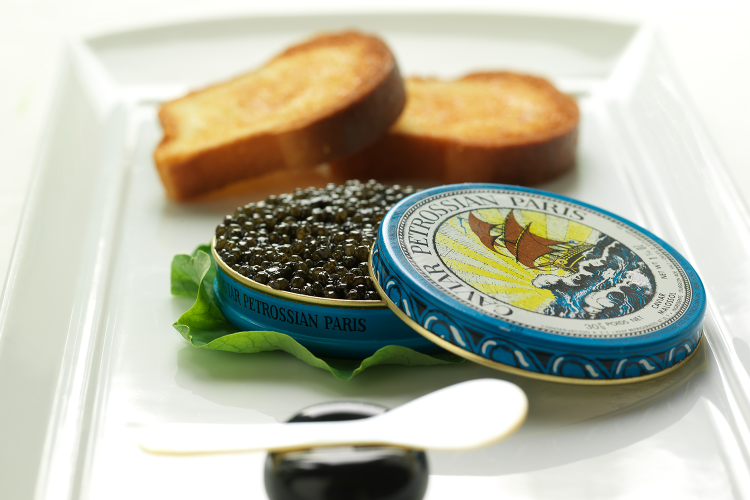A two-pack of Beyond hamburger patties from the grocery store costs $6, give or take a couple of bucks. But order just one Beyond Burger at a restaurant in New York City (albeit with tomato, avocado, and all the fixings), and you’re likely to pay $15 or more.
That’s not just Big Apple price gouging at play — for years since plant-based alternatives burst onto the scene, they’ve benefited from a narrative that they’re “healthier” than traditional animal products. Like paying for a fresh salad or a market bowl, customers have decided they’re willing to shell out more for what they perceive to be a sensible decision. So, is Beyond meat healthier than red meat?
Subbing in just about anything for a serving of red meat tends to be a healthier choice for your arteries. The latest Beyond Burger has 35% less total fat than a beef burger, less cholesterol per serving, and a comparable dose of protein. It also comes high in Vitamin B12 and zinc.
But at the same time, the Beyond Burger (like its leading competitor, the Impossible Burger), is calorically similar to a typical burger, has a laundry list of processed ingredients designed to help it achieve its simulated mouthfeel and contains a whopping five times the amount of sodium. Customers seem to be wising up to the reality that the Beyond Burger isn’t healthier than a standard burger; it’s just a different sort of burger, which (and this is key)…isn’t a salad.
The comparative was inevitable, considering how carnivorous consumers have behaved on this issue, with the most animated among them arguing online that the soy in plant-based products will lead to the growth of “man boobs,” or insisting that President Biden was elected to take away their steaks. More casual meat-eaters, who question whether Beyond meat is healthy, have looked upon the wealth alternatives with a frustrating: “No thanks.”
In response, the plant-based movement has at times operated with blinders on, vowing that their side of the coin is a top-to-bottom better option — even when meatless behemoths have signed contracts with Burger King, KFC and Starbucks, which should’ve been the ultimate clue that the most corporate of plant-based meats ought to be treated like a treat, not a solution.
Ultimately, plant-based alternatives are still righteous, especially concerning the planet. One statistic tells it all: a single hamburger patty requires 660 gallons of water, from cow to kitchen. The average human would need to shower 38 times to use that much water. Meat production is literally suffocating this planet.
Don’t be surprised if the future of plant-based alternatives sees a shift from the Beyonds and the Impossibles — Beyond posted revenue well below Wall Street expectations for Q1, according to a report issued today — to a preference for smaller “butchers” that employ natural ingredients, like beets, black beans, mushrooms and quinoa, which when mixed in various brines and spices, can still give meat a run for its money, without sneak-attacking one’s heart.
Whether you’re looking to get into shape, or just get out of a funk, The Charge has got you covered. Sign up for our new wellness newsletter today.
